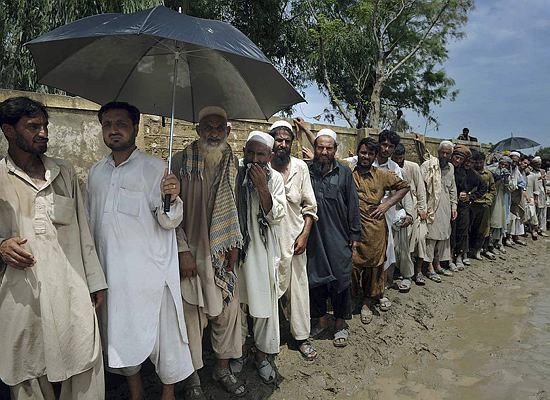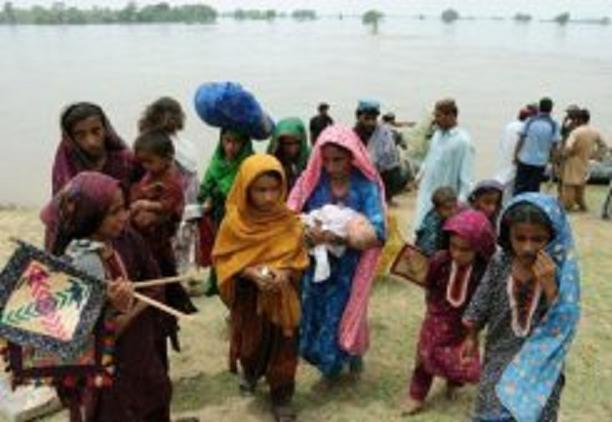 The mountainous region near Rio, devastated by rains that have already claimed over 500 lives, waiting anxiously for heavy rain Friday when she faces the worst natural disaster in history, according to media reports. According to a statement made by the site G1 of the media group Globo, floods and landslides caused by torrential rains on the night of Wednesday, 506 were dead.
The mountainous region near Rio, devastated by rains that have already claimed over 500 lives, waiting anxiously for heavy rain Friday when she faces the worst natural disaster in history, according to media reports. According to a statement made by the site G1 of the media group Globo, floods and landslides caused by torrential rains on the night of Wednesday, 506 were dead.Website UOL, meanwhile, cited the figure of 501 dead. From G1, quoting the relevant municipalities, there were 225 deaths in Nova Friburgo, 223 in Teresopolis, 39 and 19 in Petropolis Sumidouro. The media have stressed that this tragedy was considered "as the greatest natural disaster in the history of the country." Indeed, it exceeds that of Caraguatatuba on the coast north of Sao Paulo, now given up as the most murderous and who had been 436 deaths in 1967.
Most of those who died were surprised in their sleep by torrents of mud that took everything in their path, trees, houses, cars. Faced with his first crisis since coming to lead the country on 1 January, President Dilma Rousseff flying over the area and visited the city of Nova Friburgo, where at least 200 people died.
It held that nature was not only involved in this catastrophe, which, in Nova Friburgo, was concentrated in informal settlements located in the foothills. "Staying in risk areas is the rule rather than the exception in Brazil," said Dilma Rousseff in Rio. "When there is no housing policy, where do people live who do not earn more than twice the minimum wage?" she asked.
The government has already allocated 780 million reais (350 million) for disaster victims. Hourly for two days, hundreds of rescuers discovering more victims as the torrents of mud which ravaged the region known for its mild climate, favorite refuge of Rio residents fleeing the heat of the austral summer.
This tragedy occurred in the majestic mountains covered with tropical vegetation to a hundred miles north of Rio. Amid scenes of grief and despair of families decimated, a few "miracles" were also held, as this woman of 53 years, saved in extremis the raging waters by a thin lifeline thrown by neighbors, in a scene from loop on the television.
Or as the baby of six months, unharmed by firefighters after spending fifteen hours buried under the mud, nestled in the arms of his father. "I thank God because it is a miracle," said a very excited big father of the child. The experts explain the extent of the tragedy by a combination of rare natural phenomena and uncontrolled urbanization.
Second homes, hostels and hotels in affluent neighborhoods have suffered more than the precarious dwellings of poor neighborhoods illegally occupying areas at risk.



No comments:
Post a Comment